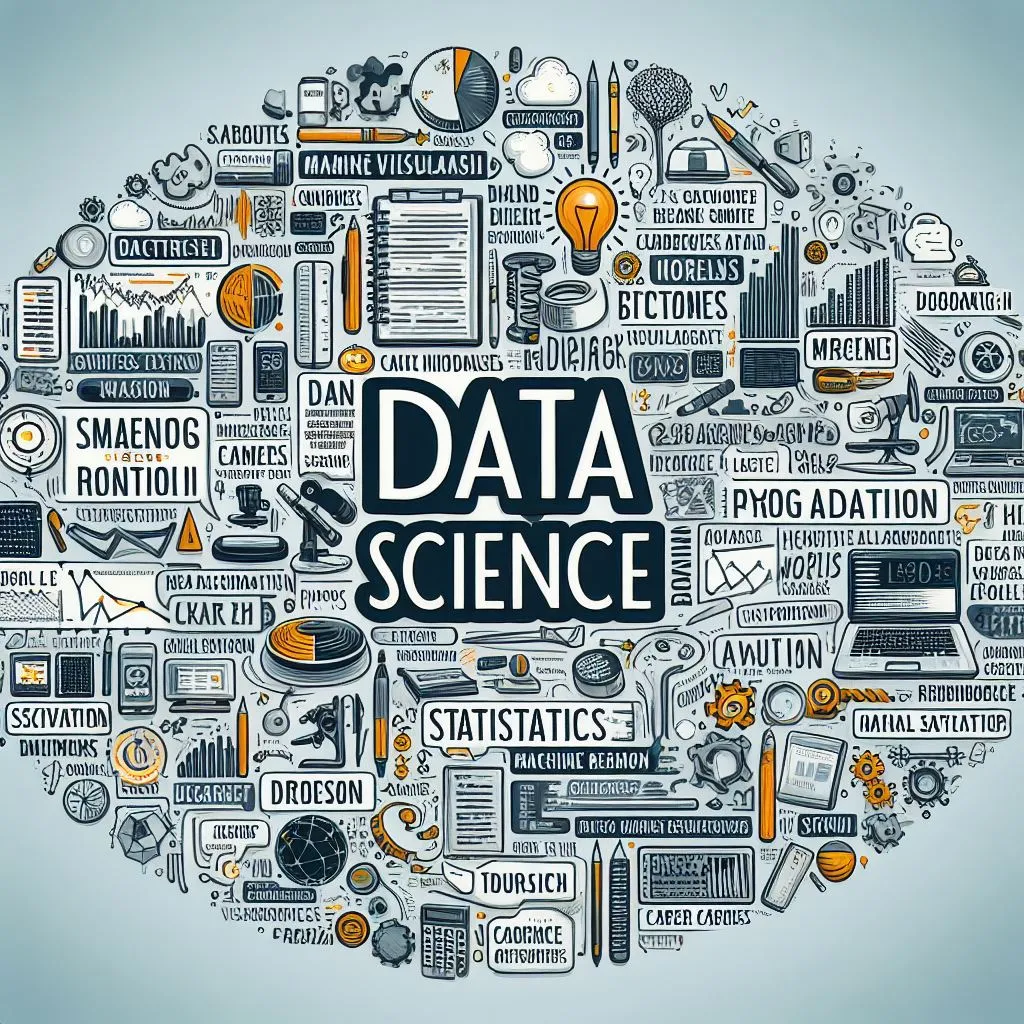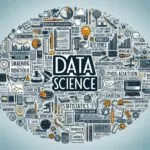In trendy tech-driven global, facts technology has emerged as a pivotal discipline, revolutionizing industries from finance to healthcare. As companies increasingly more depend on data to make informed decisions, the call for professional facts scientists maintains to jump. If you’re looking to land your dream activity on this aggressive arena, acing the interview is essential. To help you put together correctly, we’ve got compiled a complete guide to learning data science interview questions a good way to set you aside from the crowd.
Understanding the Landscape of Data Science
Data science interviews typically cover a broad spectrum of topics, ranging from technical proficiency to problem-solving abilities and domain knowledge. Employers seek candidates who not only possess strong analytical skills but also demonstrate the ability to translate data-driven insights into actionable strategies. By familiarizing yourself with the following key areas, you’ll be well-equipped to tackle any interview challenge:
Essential Data Science Technical Concepts
- Statistical Analysis and Modeling: Expect questions on probability theory, hypothesis testing, and regression analysis. Be prepared to explain common models like linear regression, logistic regression, and decision trees, along with their applications and limitations.
- Machine Learning Algorithms: Showcase your understanding of algorithms such as k-nearest neighbors, support vector machines, and neural networks. Discuss when and how to apply each algorithm, and be ready to delve into concepts like overfitting, underfitting, and model evaluation metrics (e.g., accuracy, precision, recall).
- Data Wrangling and Feature Engineering: Highlight your proficiency in data preprocessing techniques, such as handling missing values, normalization, and feature selection. Demonstrate your ability to clean and transform raw data into a suitable format for analysis.
Programming Proficiency
- Languages and Tools: Fluency in programming languages like Python and R is often expected. Familiarize yourself with popular libraries such as pandas, scikit-learn, and TensorFlow. Showcase your ability to write efficient code and explain your approach to solving coding challenges.
- SQL and Database Management: Understand relational databases and SQL queries for data retrieval and manipulation. Be ready to discuss database design principles and demonstrate your ability to optimize queries for performance.
Problem-Solving and Critical Thinking
- Case Studies and Scenario-Based Questions: Prepare to tackle real-world problems by structuring your approach, outlining assumptions, and systematically working through solutions. Emphasize your ability to think critically and adapt analytical techniques to novel challenges.
- Communication Skills: Effective communication is key to conveying complex ideas and insights. Practice articulating your thought process clearly, whether discussing technical concepts or presenting findings to non-technical stakeholders.
Industry Knowledge and Trends
- Domain-Specific Expertise: Research the industry or sector you’re targeting and understand the specific challenges and opportunities related to data science. Be prepared to discuss how your skills align with the organization’s goals and objectives.
- Emerging Technologies: Stay updated on advancements in data science, such as AI ethics, explainable AI, and the impact of big data on decision-making processes. Showcase your enthusiasm for learning and adapting to new technologies.
Preparation Tips
- Mock Interviews and Practice Problems: Engage in mock interviews with peers or mentors to simulate the interview experience and receive constructive feedback. Solve practice problems from reputable platforms like Kaggle, LeetCode, or HackerRank to refine your technical skills.
- Continuous Learning: Dedicate time to expand your knowledge through online courses, tutorials, and reading research papers. Stay curious and explore different methodologies and tools to broaden your expertise.






Leave a Reply